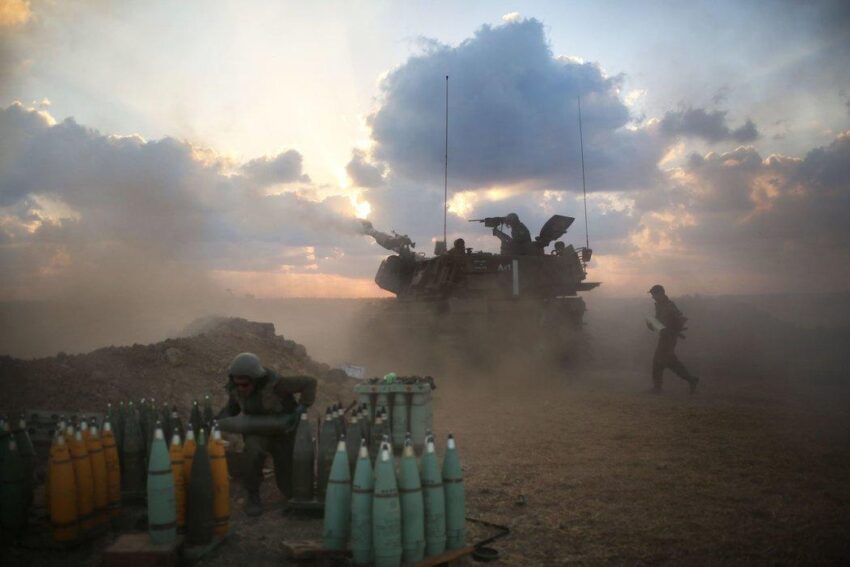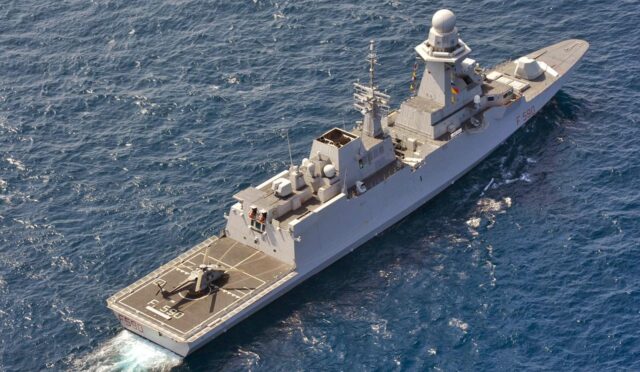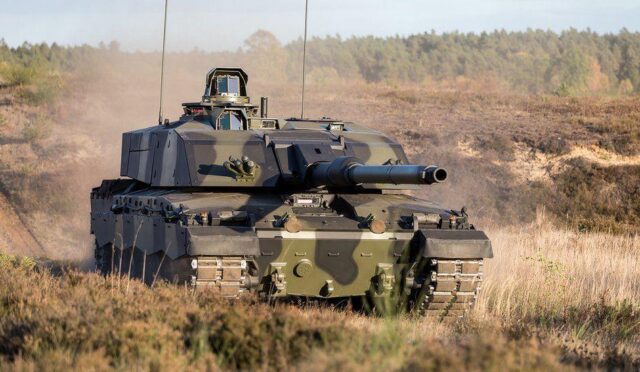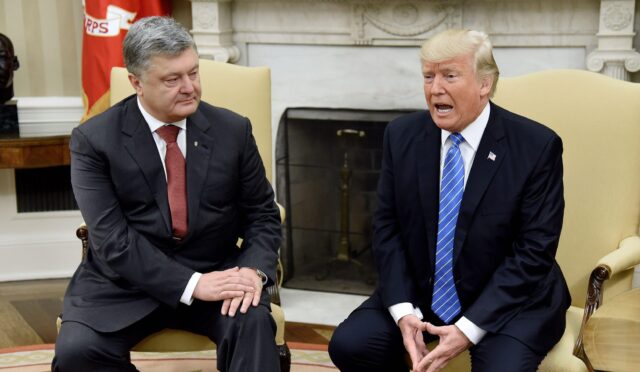Israel’s Military Strikes Target Tehran’s Command Centers
Israel’s military took decisive action on Monday, launching airstrikes against command centers in Tehran that are associated with Iran’s Quds Force. This unit is part of the Islamic Revolutionary Guard Corps (IRGC), which is charged with executing foreign operations. An official statement from the Israeli army revealed that the air force conducted these strikes with precise intelligence provided by the military’s Intelligence Directorate.
The operation underscores Israel’s ongoing efforts to counteract perceived threats from Iran, a nation seen as a significant adversary in the region. By targeting key military installations, Israel aims to disrupt the operations of the Quds Force, which has been involved in various activities across the Middle East that challenge Israel’s security.
The Role of the Quds Force
The Quds Force, a branch of the IRGC, plays a pivotal role in Iran’s military strategy, particularly in its foreign engagements. This elite unit has been implicated in various operations that extend Iran’s influence throughout the region, often supporting proxy groups in countries such as Syria and Lebanon. The recent airstrikes are a clear message from Israel, emphasizing its commitment to neutralizing threats emanating from Iran.
Understanding the structure and capabilities of the Quds Force is crucial, as this unit operates covertly, often beyond the reach of conventional military tactics. Its expertise in unconventional warfare and its network of allied forces pose a significant challenge to Israeli defense efforts.
Reactions and Implications
The airstrikes have sparked varied reactions within the political landscape, with Iranian officials condemning the attacks as acts of aggression. Such statements reflect Iran’s broader stance on its military engagements, viewing them as necessary for national defense and regional stability. The Iranian government frequently responds strongly to any perceived threats, which might escalate tensions further in an already volatile region.
On the international stage, these strikes could lead to increased scrutiny of Israel’s military operations against Iran. Allies and adversaries alike are likely to assess the implications of such actions on regional security and explore potential diplomatic avenues to manage the rising tensions.
The Strategic Importance of Tehran
Tehran serves as a critical hub for Iranian military operations, making it a strategic target for Israel. By striking at the heart of Iran’s military infrastructure, Israel aims to undermine its adversary’s capability to project power across the region. Control over these command centers enables Iran to coordinate its support for various armed groups and maintain its influence in conflicts that engage Israel.
The geographical and political significance of Tehran amplifies the impact of such military actions. Every strike risks igniting a broader conflict, thereby necessitating careful consideration of future military engagements by both Israel and Iran.
Future Prospects and Concerns
Looking ahead, the pattern of increased military activity between Israel and Iran raises significant concerns regarding stability in the Middle East. Analysts suggest that continued escalations may trigger an arms race or provoke a wider conflict involving multiple nations. The delicate balance of power in the region could shift dramatically depending on how both sides respond.
In light of this, international observers are advocating for dialogue and diplomatic resolutions to mitigate the risks of escalating hostilities. The ongoing tensions highlight the ramifications of military strikes and the potential for miscalculations that could lead to unforeseen consequences.







